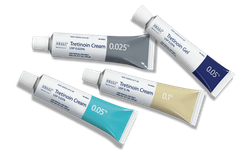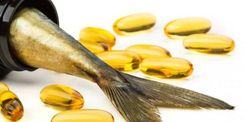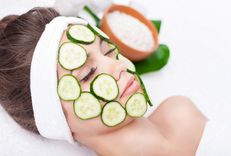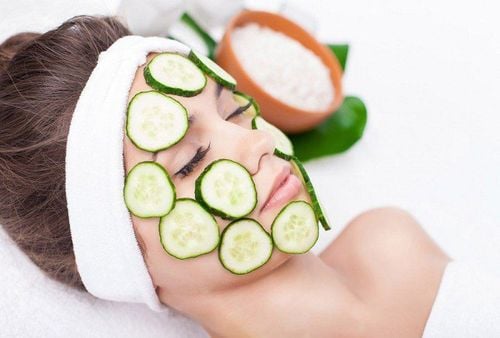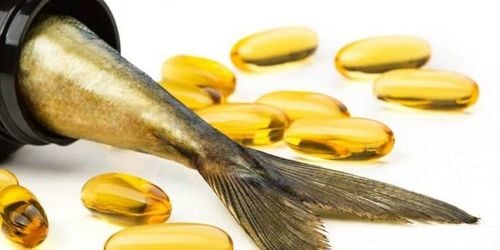When winter arrives, many people experience dry, cracked, and peeling lips due to the breakdown of the outer skin layer and inflammation. When lips are dry and peeling, they may appear red or bloody, which can be uncomfortable or painful. Although dry, cracked lips are harmless, it is important to protect and moisturize them, avoiding risk factors to maintain fresh and beautiful lips.
1. What are the symptoms of chapped lips?
Chapped lips are a condition where the lips become dry, peel, or crack. Cracks may appear on the surface of both the upper and lower lips, and the lips may be painful or bleed.
In most cases, chapped lips are not a serious condition and do not pose a health risk. Therefore, chapped lips rarely lead to medical emergencies. However, chapped lips may be a sign of dehydration. Severe dehydration and electrolyte imbalance can lead to shock or coma and may be life-threatening. Immediate medical care should be sought if you or someone with you shows signs of severe dehydration, such as confusion, coma, loss of consciousness, cold skin, or reduced urination.
Additionally, other symptoms may occur with chapped lips, depending on the underlying disease, disorder, or condition. Specifically, symptoms that commonly affect the lips may also be associated with other body systems. For example, chapped lips may be accompanied by other symptoms affecting the mouth, including:
- Bleeding
- Lip sores
- Cold sores caused by herpes simplex virus infection
- Dry mouth
- Hoarse voice
- Red, hot, or swollen lips
At the same time, chapped lips may be accompanied by symptoms related to other body systems. These may include:
- Extreme thirst
- Fatigue, weakness
- Headache
- Rash
- Nasal congestion

2. What causes chapped lips?
A common cause of chapped lips is changes in humidity and weather. Indeed, chapped lips often result from exposure to harsh environments, leading to irritation, including cold, dry weather, frequently consuming spicy hot foods and drinks, and even the habit of licking the lips. Common colds and sun exposure can also cause chapped lips, as well as medications such as cholesterol-lowering drugs.
In addition, exposure to allergens or irritants is another common cause of chapped lips. When the body comes into contact with an external product, it can trigger an allergic or irritating reaction directly on the skin in general and the sensitive lip area in particular. However, in most cases, chapped lips are caused by dryness and wind, which are the main culprits.
On the other hand, underlying health conditions can also cause chapped lips. Symptoms on the dry, chapped lips may be related to several underlying conditions, including thyroid disease, vitamin deficiencies, and inflammatory bowel disease. Specifically, poor thyroid function can cause dry mouth and lips, deficiencies in B-complex vitamins and low blood levels of zinc or iron have also been reported as causes of dry, peeling lips. Additionally, chronic inflammatory bowel diseases like Crohn's disease can affect the entire digestive tract from the lips to the anus, and if someone experiences severe chapped lips that don't heal along with stomach pain, this could be a possible suspected cause.

3. What are the risk factors that lead to chapped lips?
Winter is a challenging time for all skin types, whether someone has dry or oily skin. On the other hand, the outdoor air combined with indoor heat can dehydrate the skin, causing the lips to become dry, peel, and bleed. Many people neglect chapped lips, but in reality, they can be a sign of more serious health issues, especially when exposed to any of the following risk factors:
- Yeast infection: Dry lips may be a sign of a yeast infection. This is more likely if the person has chapped lips with cracks around the corners of the mouth. Excessive lip licking, where warm saliva and humid temperatures encourage yeast growth, especially when saliva accumulates at the corners of the mouth, can cause dry, peeling lips.
- Allergic reaction: Dry lips can be a sign of an allergic reaction. If the lips look like they have been injected with filler, this may be an allergic reaction. In fact, lip plumping products are a common cause of local allergic reactions. Additionally, cinnamon and chili, which are often found in lip-plumping balms, can also cause a reaction.
- Dehydration: A very common factor causing chapped lips is dehydration. Dry lips, mouth, and eyes are the first signs of skin dehydration and insufficient water reserves.
- Sun damage: Dry or chapped lips can be caused by sun damage. Prolonged sun exposure can dry out and harden the lips, leading to cracking. Failing to protect the lips from the sun's UV rays can also lead to inflammation of the lips. Therefore, even during the coldest winter days, make sure to use lip products with sun protection.
- Vitamin deficiency: Chapped lips can be a sign that the body is deficient in vitamins. B vitamins play an important role in the body's daily functions. These vitamins provide energy, help the immune system fight illness, and contribute to healthy skin. Without enough B vitamins in the body, individuals may experience various skin issues, such as dry, peeling lips.
- Excessive vitamin A: In contrast to B-vitamin deficiency, dry lips can also indicate that the body is absorbing too much vitamin A. Vitamin A toxicity can occur if the person is taking excessive vitamin A supplements. Excess vitamin A is stored in the liver and accumulates over time, causing various symptoms, such as cracks at the corners of the mouth, dry, peeling skin.
- Medications: Certain medications can lead to chapped lips. For example, antihypertensive medications, antidepressants, and chemotherapy drugs are known to cause dry, chapped lips. This occurs because these medications reduce saliva production, which can dry out the lips and mouth.
In conclusion, the skin on the lips is much thinner and more delicate than on other parts of the body. The lips are also exposed to a variety of environmental factors, including sunlight and dry, cold air, making them prone to drying, cracking, and peeling. This is a common and uncomfortable issue. Therefore, everyone should be aware of the causes and risk factors for dry, peeling lips, take proactive measures to avoid them, and combine home remedies to help reduce chapped lips and prevent further dryness.
To arrange an appointment, please call HOTLINE or make your reservation directly HERE. You may also download the MyVinmec app to schedule appointments faster and manage your reservations more conveniently.
